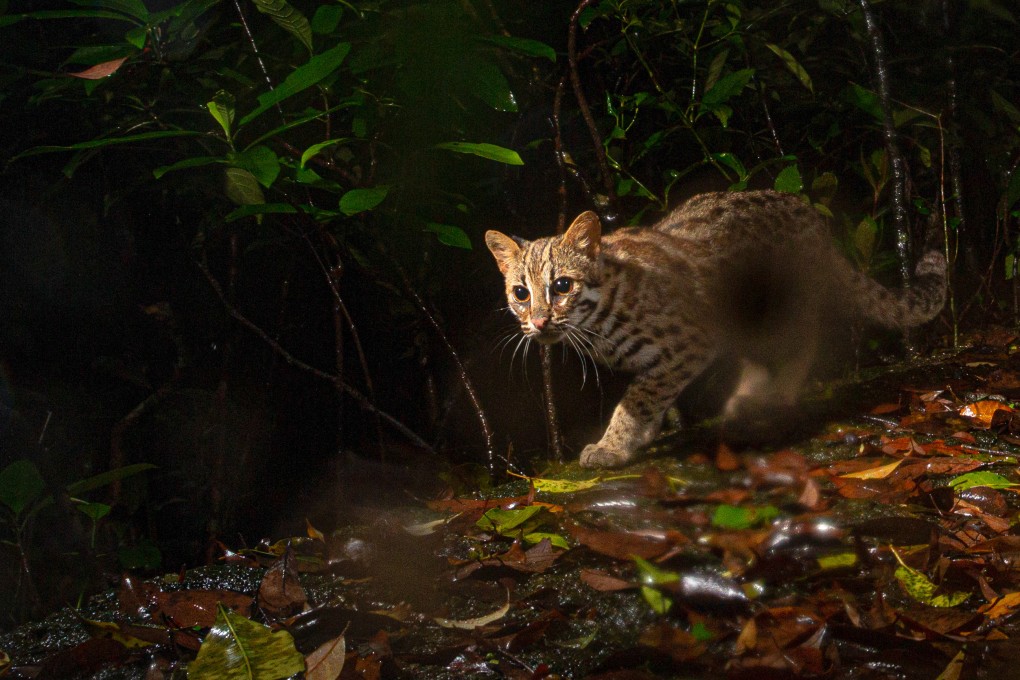Advertisement
Letters | Nature should not pay the price for new public flats in Hong Kong
- Readers discuss the threat to Hong Kong’s abundant wildlife, and first impressions of Hongkongers
Reading Time:2 minutes
Why you can trust SCMP
2

Feel strongly about these letters, or any other aspects of the news? Share your views by emailing us your Letter to the Editor at [email protected] or filling in this Google form. Submissions should not exceed 400 words, and must include your full name and address, plus a phone number for verification.
Birdwatchers were at fever pitch a few weeks ago when they spotted the scaly-sided merganser, an endangered diving duck, for the first time in the central New Territories.
The month before that, conservationists were thrilled to find a group of rare leopard cats thriving in and around the Kadoorie Farm and Botanic Garden’s restored forests in Tai Mo Shan.
Advertisement
Every year, hundreds of species of birds are recorded in Hong Kong. Occasionally, Hongkongers can even spot rare birds flying across the city’s wild, open spaces. This flourishing life shows that Hong Kong is a vital habitat for many wild animals, including birds.
But the survival of this wildlife – and the rural villages of Hong Kong – is being called into question, with the large-scale development of new towns in the northern New Territories.
Advertisement
The plan to build 12,000 public housing flats on part of the Fanling golf course and the choice of rural Lin Tong Mei as a light public housing site are two examples of the careless attitude towards the preservation of nature and wildlife near the verdant villages of Fanling.
Advertisement
Select Voice
Choose your listening speed
Get through articles 2x faster
1.25x
250 WPM
Slow
Average
Fast
1.25x